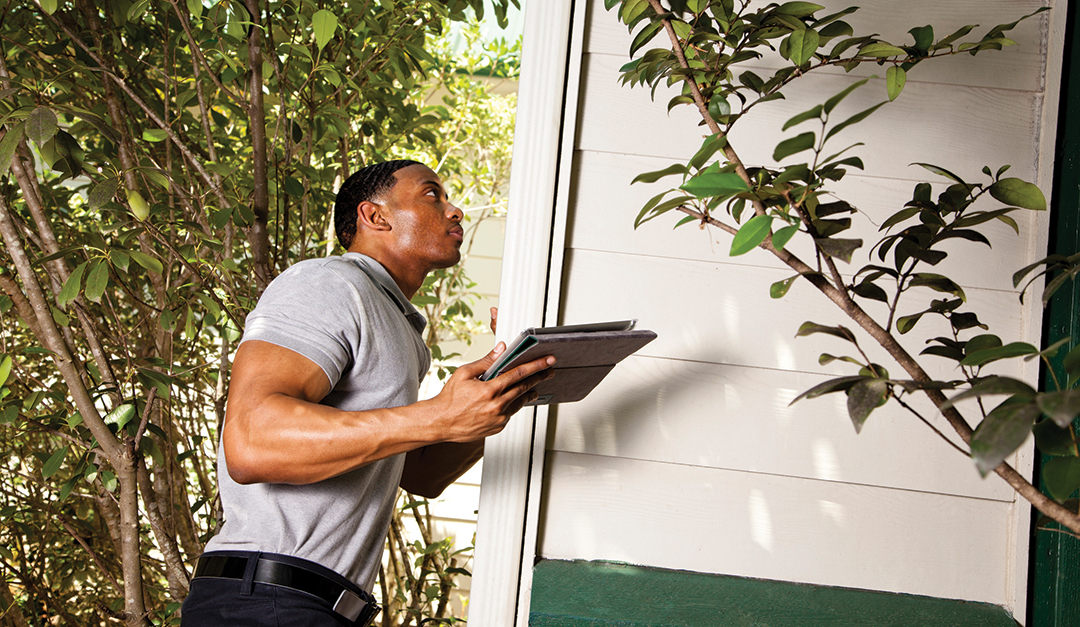Purchasing a home is your client’s biggest purchase in their lifetime. Even if they do find a great deal on a house, there are some additional expenses they might not think about, including the home inspection, closing costs, moving costs, etc. The home may appear to be in great condition or be newly built, but they should still have a home inspection performed—and here are the reasons why:
Structural Issues
One of the top reasons to have a home inspection is to determine if there are any structural issues with the home. Structural issues can cost thousands of dollars to correct if discovered, and by performing a home inspection, new homeowners can avoid these substantial expenses in the future.
Confidence About Their Purchase
A home inspection assists in the sales process by making buyers feel certain about their purchase. It makes them happy and satisfied, while eliminating potential buyer’s remorse. Additionally, when you advise a buyer to have a home inspected, it makes you look more professional in their eyes. Buying a home is a big decision, so it’s essential to have it evaluated first. A home inspection helps buyers save money and gives them peace of mind.
Relatively Inexpensive
Since buying a home is such a significant investment, the small amount of money it costs for a home inspection should make the decision to have one easy, even if the buyer feels very comfortable with the home they’re purchasing.
Improper Additions or Installations
A home inspection can reveal whether altered or added rooms, garages and basements were completed properly. Even new homes with systems that weren’t installed properly will become a financial “problem” that needs to be fixed at the expense of the new homeowner after the builder’s warranty expires.
Negotiating Tool
If there are some material defects that are discovered during the inspection, it may be appropriate to renegotiate the terms of the original accepted offer. Depending on the terms of the original contract, deficiencies from the home inspection can be used as a reason for a reduction in the price or a concession from the seller toward closing costs.
Forecast Future Costs
A home inspector can approximate the installation age of major systems in the home such as plumbing, heating and cooling systems, as well as important equipment like water heaters and appliances. They can diagnose the current condition of the structure itself, and tell you how long components have been in the home. Understanding when these components may require replacement can help homebuyers make important future budgeting decisions.
Insurance
Some insurance companies won’t insure a home if certain conditions are found. Qualified home inspectors can save the homebuyer time and money in the long run by looking for issues that would cause a problem with insurance coverage.
A home inspection will cost some time and money, but in the long run, your clients will be glad they chose to purchase a home inspection. The inspection can reveal material defects they may be able to get the current owners to fix or pay for before they move in. For new-home construction, it’s also a crucial part of the home-buying process since the builder’s warranty may expire before an issue presents itself. If your clients are first-time homebuyers, an inspection can give them valuable information about home maintenance and a checklist of items that need attention to make their home as safe and sound as possible. Whatever the situation, addressing issues early through a home inspection can save them thousands of dollars down the road.
 Adam Long is president of HomeTeam Inspection Service. For more information, please visit www.hometeam.com.
Adam Long is president of HomeTeam Inspection Service. For more information, please visit www.hometeam.com.











